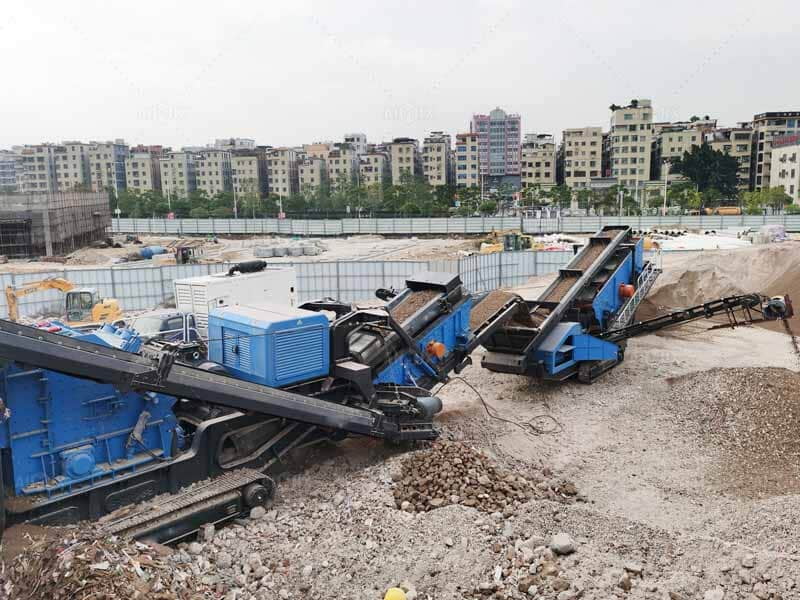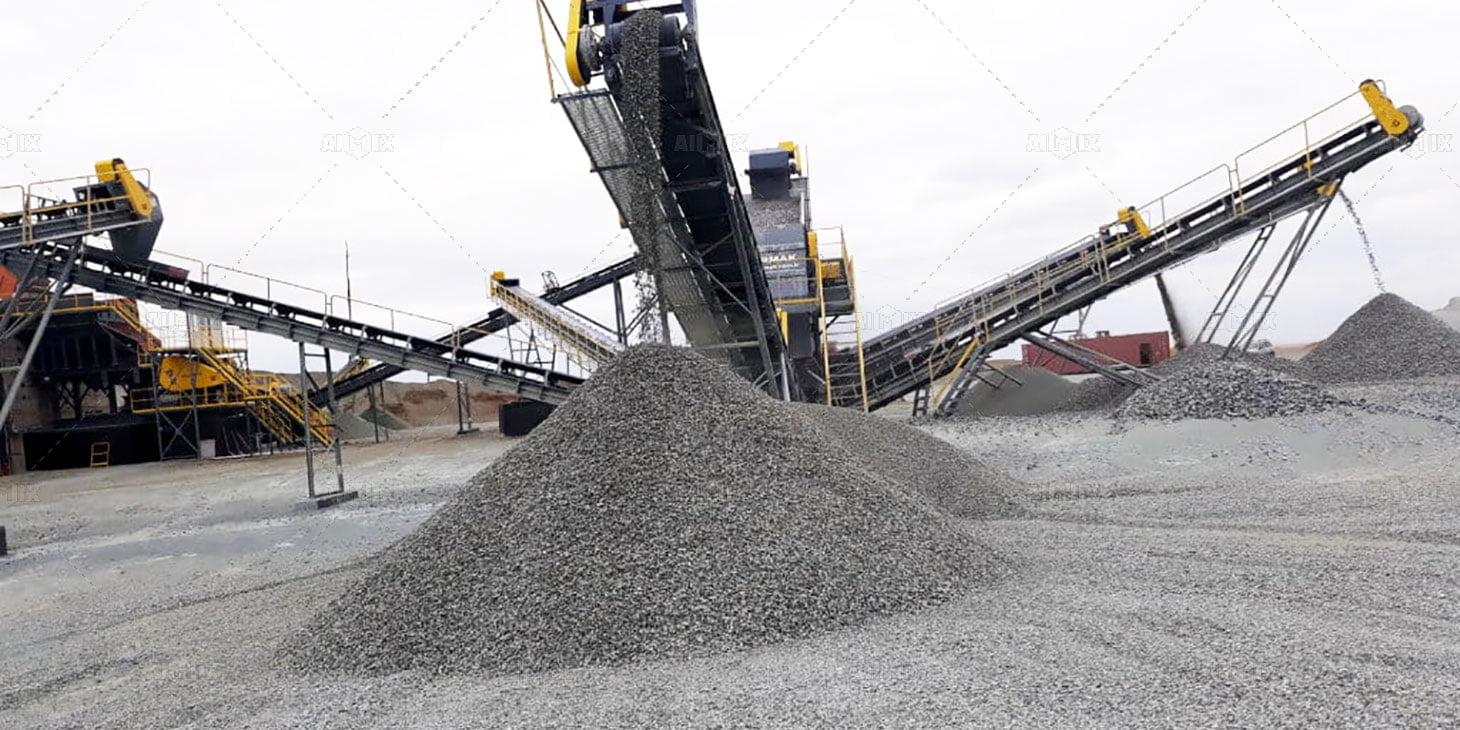Maximizing profits with your gravel crushers necessitates a profound understanding of the business landscape, operational optimization, and strategic revenue enhancement. This article delves into essential practices and tips for achieving sustained profitability in the gravel crushing industry.
Understanding the Gravel Crushing Business
Market Demand and Applications
The gravel crushing industry plays a pivotal role in various sectors, including construction, infrastructure, and landscaping. Crushed gravel is a fundamental component in road construction, concrete production, and drainage projects. The demand for high-quality gravel is consistent, driven by ongoing infrastructure development and urbanization. Analyzing regional market trends and identifying key projects can reveal lucrative opportunities and help tailor production to meet specific demands.
Initial Investment and Operational Costs
Entering the gravel crushing business requires significant capital investment. The cost of acquiring gravel crushers, screening equipment, and related machinery is substantial. Additionally, securing permits, site preparation, and establishing supply chains contribute to initial expenditures. Operational costs encompass fuel, labor, maintenance, and transportation. A comprehensive financial plan, including cost-benefit analysis and cash flow projections, is crucial for managing expenses and ensuring long-term viability.

Optimizing Operational Efficiency
Equipment Selection and Maintenance
Selecting the right equipment is paramount to achieving optimal operational efficiency. The choice of crushers—whether jaw, cone, or impact—depends on the type of gravel and desired output. Investing in high-quality, durable machinery reduces downtime and extends service life. Regular maintenance, including lubrication, part replacement, and performance checks, is essential to prevent breakdowns and maintain peak performance. Utilizing predictive maintenance technologies can further enhance reliability and efficiency.
Streamlined Workflow and Process Management
Efficiency in gravel crushing operations hinges on a streamlined workflow. This involves optimizing the feed rate, ensuring uniform material distribution, and minimizing bottlenecks. Implementing automated systems and real-time monitoring tools can help manage and adjust processes dynamically. Efficient material handling, from extraction to processing to transportation, is critical. Reducing unnecessary steps and ensuring seamless transitions between stages can significantly boost productivity.
Training and Safety Protocols
Well-trained personnel are integral to efficient and safe operations. Comprehensive training programs covering equipment operation, maintenance procedures, and safety protocols are essential. Ensuring adherence to safety standards reduces the risk of accidents and enhances overall efficiency. Regular safety drills and updates on best practices keep the workforce prepared and informed. Investing in safety aggregate crushing machine and fostering a culture of safety further contribute to smooth operations and employee well-being.

Maximizing Revenue Streams
Strategic Pricing and Market Penetration
Strategic pricing is crucial for maximizing revenue. Conducting a thorough market analysis to understand competitor pricing and customer expectations is imperative. Offering competitive yet profitable pricing structures attracts customers while ensuring profitability. Establishing strong relationships with contractors and developers can lead to long-term contracts and steady revenue. Effective marketing strategies, including digital presence and networking, enhance market penetration and brand visibility.
Diversification of Products and Services
Diversifying the range of products and services can open new revenue streams. Beyond standard gravel, producing specialty aggregates for specific applications, such as decorative landscaping or high-strength concrete, can meet niche market demands. Offering mobile crushing services for on-site processing caters to clients with unique needs. Additionally, providing value-added services like consulting on material selection and project planning can differentiate the business and enhance client satisfaction.
Leveraging Technology and Innovation
Embracing technology and innovation can significantly impact profitability. Implementing advanced crushing technologies improves efficiency and product quality. Utilizing data analytics and machine learning for predictive maintenance and process optimization enhances operational reliability. Investing in environmentally sustainable practices, such as recycling and eco-friendly production methods, can attract environmentally conscious customers and comply with regulatory standards. Staying abreast of technological advancements and industry trends ensures competitive advantage and sustained growth. AIMIXcrushing equipment has adopted advanced technology to improve its performance, learn more about the product here: https://aimixgroup.com/stone-crusher-plants/.
In conclusion, maximizing profits with gravel crushers involves a strategic approach encompassing market understanding, operational excellence, and revenue diversification. By optimizing equipment performance, streamlining processes, and leveraging technology, businesses can achieve higher efficiency and profitability. Strategic market positioning and product diversification further enhance revenue potential, ensuring long-term success in the gravel crushing industry.
